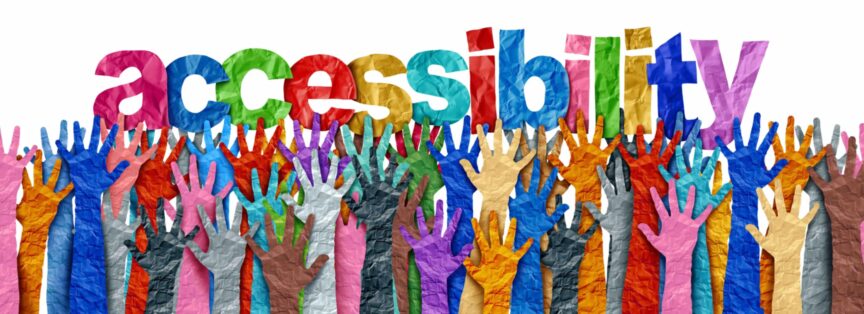PHILADELPHIA – Today, Councilmember Kendra Brooks held a hearing of the Committee on People with Disabilities to identify ways for the City and corporate partners to improve accessibility ahead of the major events of 2026, including the FIFA World Cup games and celebrations of the 250th anniversary of the nation.
“I know from decades of working with the disability community that accessibility in our public spaces is often an afterthought, if it is even considered at all,” said Councilmember Kendra Brooks (At-Large), Chair of the Committee on People with Disabilities and Minority Leader of City Council. “This hearing is a chance to listen to the voices of people with lived experience of discrimination in our city, so we can improve accessibility for 2026 and beyond. With so many people affected and so many public dollars going into preparation for these big events, the City must take the time to listen and respond to the needs of people with disabilities.”
The City is expecting millions of visitors and has invested over $120 million in public funding to prepare for 2026. Federal law dictates that city-sponsored events must be open and accessible to everyone, including the one in 4 American adults who have some type of disability. But in reality, many Philadelphians with disabilities find it difficult to navigate public spaces and even harder to hold their government accountable for providing basic accommodations.
“I’ve been through the city’s event permitting process. And the truth is — accessibility isn’t even part of the conversation,” said Vicki Landers, Founder & Executive Director, Disability Pride PA. “There is no required accessibility plan, no checklist, no mechanism for proactive inclusion. It’s not even an afterthought — it’s just absent. That’s not the fault of individual organizers. That failure sits squarely with the City of Philadelphia.”
During the hearing, advocates shared a range of suggestions for organizers of 2026 events, including:
- Seating space that accommodates wheelchairs and walkers
- Ramped entrances and exits
- Subtitles, ASL interpretation, assistive listening devices, and printed materials in accessible formats
- Accessible bathrooms (most portable restrooms are not accessible)
- Sensory friendly zones
- Ample handicapped parking
- Coordination with Septa and rideshare companies to ensure availability of accessible transportation
- Free or discounted event tickets for medical assistants accompanying people with disabilities
##


